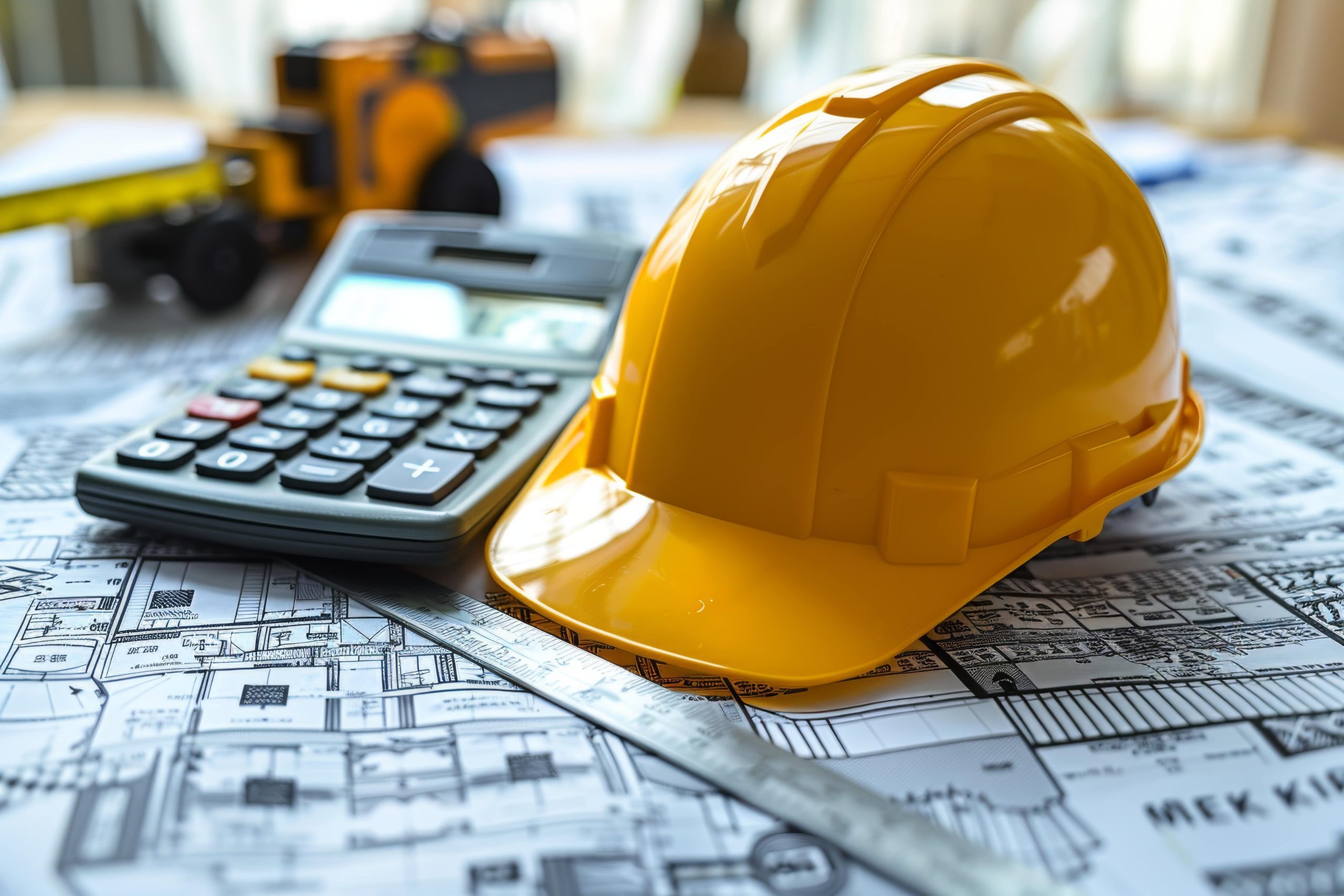The construction industry is facing tough and uncertain times. Following an impressive, multi-year boom, project abandonment rates are soaring, and the private sector is experiencing record levels of on-hold activity. Crossing the finish line has never been more difficult.
So, what exactly is causing long-approved projects to be delayed or scrapped? While construction firms and developers are facing countless challenges in today’s volatile market, economic concerns are proving to be the most difficult to manage. To help you push projects forward—and avoid inexcusable delays that can lead to costly claims—we'll explain the core issues and how you can stay on schedule.
Economic Concerns Driving Construction Delays
The inflationary environment has been trying for everyone involved in the construction process. Interest rates remain elevated, materials costs are skyrocketing, and the growing construction skills gap is increasing wages fast. Add election-year uncertainty—caused by hard-to-predict regulatory changes—and it’s no surprise that caution is at an all-time high.
The Associated General Contractors of America (AGC) confirms the difficulty of navigating these issues. Their 2024 report found 53% of firms are experiencing cost-related delays or abandonments. Plus, more than one-third had projects postponed or canceled due to rising interest rates. Red tape on infrastructure financing—which has dampened the potential impact of large-scale federal investments—further increased the difficulty of getting construction projects financed.
Budgets are getting increasingly difficult to manage for both construction companies and their clients. However, there are strategies you can leverage to minimize delays.
4 Ways to Prevent Construction Delays
Many factors can affect project timelines, including supply chain disruptions, scope changes, and adverse weather conditions outside of your direct control. However, proactive, thorough planning can help you navigate the unexpected and keep projects on track. Leverage these strategies to ensure timely completion—even if you experience setbacks along the way.
1. Update Your Construction Software
Completing construction projects is a multifaceted challenge. Project managers must set and adhere to strict budgets, timelines, and quality standards—all while coordinating with clients, employees, architects, engineers, and suppliers.
Modern software can help you navigate these intricacies. Construction management platforms like Procore and Fieldwire, which provide granular insights and big-picture overviews, are just one way to produce more accurate bids and boost productivity. AI-powered software, such as Deep Space and nPlan, can further refine your plans. These advanced construction tools are designed to analyze past performance and industry data for high-impact recommendations—even when costs rise or unexpected changes occur.
An advanced software toolbox can help managers stay flexible and continuously adapt.
2. Get Stakeholders on Board Early
One of the toughest parts of keeping construction projects on budget and on schedule is depending on others to meet your goals. You need to hire the right workers, keep suppliers on schedule, and work with regulators to keep the needle moving on permits. The success—or failure—of these key steps is legally your responsibility.
An early start is the best safety net you can create. Once your bid is approved, reach out to partners and workers as soon as possible to get on their schedules. For instance, if you anticipate any gaps in your team, start recruiting quickly or proactively request skilled trades workers from an experienced construction staffing firm.
3. Create Contingency Plans
How can you avoid construction delays when things go wrong? Always have a backup plan.
As you’re setting your project timeline, create contingency plans for common issues you might encounter. For example, in the event of supply chain delays, you may have alternative materials (pre-approved by your client) or other suppliers who can support your project. Preparing these options will help your project continue moving forward, even if unexpected issues occur.
4. Set Realistic Expectations
You can’t keep your clients happy if they’re expecting more than you can deliver. That’s why it’s critical to set realistic expectations around timelines and budgets as soon as you submit a bid. Leveraging your past project data for informed decision-making can help.
Additionally, if you do encounter delays, it’s important to communicate the problem with transparency. Explain the steps you’ll take to get the project moving again, how long it will take, and whether the issue will impact the final completion date. This effort will help you maintain positive client relationships—and may encourage them to be more understanding of construction delays, preventing damage claims.
Mitigate Construction Delays with a Reliable Skilled Trades Staffing Partner
Rising economic concerns have led to an influx of construction delays, both initiated by developers and construction firms. However, leveraging up-to-date software, contingency plans, and transparent communication can help you avoid postponements and cancelations. With realistic timelines and budgets in place—and alternatives options when things don’t go as planned—you can still make it to the finish line, on time no matter what market changes occur.
Concerned about how staffing challenges will affect your progress? When you partner with a skilled trades staffing firm, you can get essential workers on your project fast. At Skinner, we have an expansive network of reliable, work-ready tradespeople in North Texas to help you keep your teams fully staffed.
Build up your team of skilled trades workers. Reach out to Skinner today.
Related Articles:
Hiring Trends Down the Pipe: 6 Skilled Trade Jobs in Demand in 2024
Filling a Construction Client’s Critical Skills Gap & Supporting a Temp-to-Hire Transition
Bridging the Language Gap: How to Overcome Language Barriers in Your Construction Workforce

















